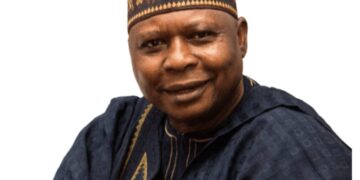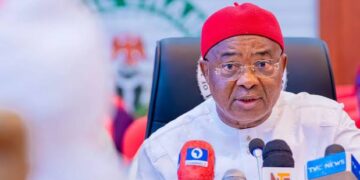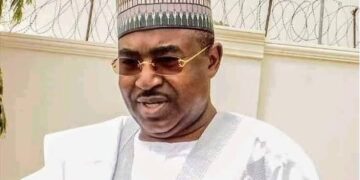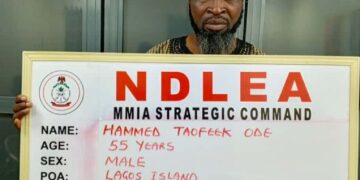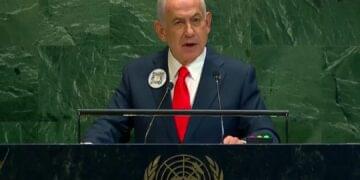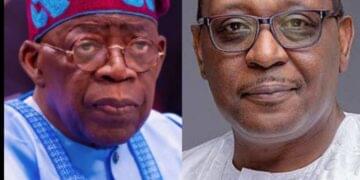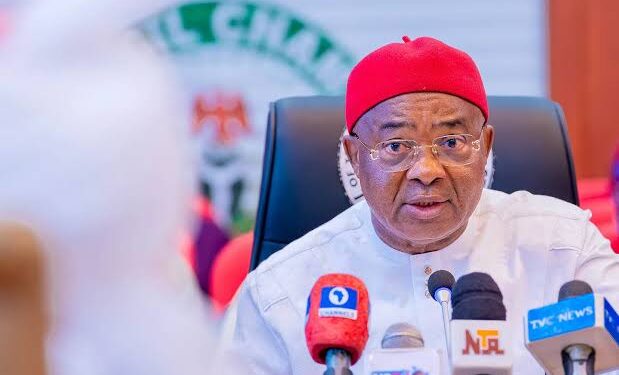By Senator Hope Uzodimma
I am deeply honoured to be here to address this gathering of gatekeepers; the men and women who decide what becomes news, what gets amplified, and what fades into silence. For me, this meeting offers an opportunity for a great reunion with highly esteemed editors whom I now call friends. Given my frequent interface with you, even before the election of the current executive, I suspect that you may soon consider making me a fellow of the guild.
I must say that I appreciate the privilege to deliver this keynote address. After reading your letter nominating me as the keynote speaker, I was at a loss as to why the conference should at once have a theme, ‘Democratic Governance and National Cohesion: The Role of Editors,’ and a sub-theme: ‘Electoral Integrity and Trust Deficit: What Nigerians Expect in 2027.’ But on closer scrutiny of the theme and sub-theme, I came to the informed suspicion that, as the wordsmiths that you are, you were cleverly playing with words to downplay your public accountability to electoral integrity and trust deficit.
Obviously, you accept to be held accountable for ‘democratic governance and national cohesion’; hence, you added the rider, “the role of editors,” which is a clear indication of your willingness to accept public scrutiny. But you cleverly avoided that rider in the sub-theme, “electoral integrity and trust deficit, what Nigerians expect in 2027”. That was very smart. But I have news for you. I will not let you escape accountability for electoral integrity, trust deficit, and what Nigerians expect in 2027.
Here is why. If you have a role to play in “Democratic Governance and National Cohesion,’ then you also have a role to play in ‘Electoral Integrity and Trust Deficit.’ Without electoral integrity, there can be no democracy. Electoral integrity begets democracy, and democracy begets good governance, and good governance fast-tracks the exorcism of trust deficit. In all of these, your role as facilitator, amplifier, or catalyst is key. Your reports and comments paint a picture of tomorrow. Therefore, the picture you paint of 2027 is what Nigerians should expect.
So I hold it to be true that as editors, you should be held accountable for both the theme and the sub-theme. And since you asked me to speak on the theme and the sub-theme, I have used the privilege you conferred on me as the keynote speaker to come up with a hybrid lecture topic: So, for my keynote, the topic is “2027: Editors as Catalyst of Democracy, National Cohesion and Electoral Integrity.” I do not doubt that you will agree with me that, in the context of this conference, there can be no better description of your role as editors. As I proceed with my speech, you will find more reasons to agree with my position. To start with, let me say that editors are very powerful influencers of society because you wield the most powerful weapon on earth: the Pen!
The weighty words of the celebrated English author Edward Bulwer-Lytton in his 1839 play Cardinal Richelieu, to wit, “the pen is mightier than the sword,” say it all. It was a metonymic statement. The significance is that the pen can change and shape society faster and more permanently than the sword. The pen represents intellect, written ideas, and diplomacy, while the sword represents physical violence and military might. And that powerful instrument, the pen, is your symbol of trade and work tool. As a matter of fact, it is proudly displayed on your logo.
I know that, as editors, you will be quick to remind me that, as powerful as your pen may be, you are professionally restrained from giving impartial and objective reports of events and that you are not participants in the events. That is one side of the coin. The other side is contained in the providential words of Stephen Ward, a leading scholar of journalism ethics, who reminds us that “journalism objectivi



